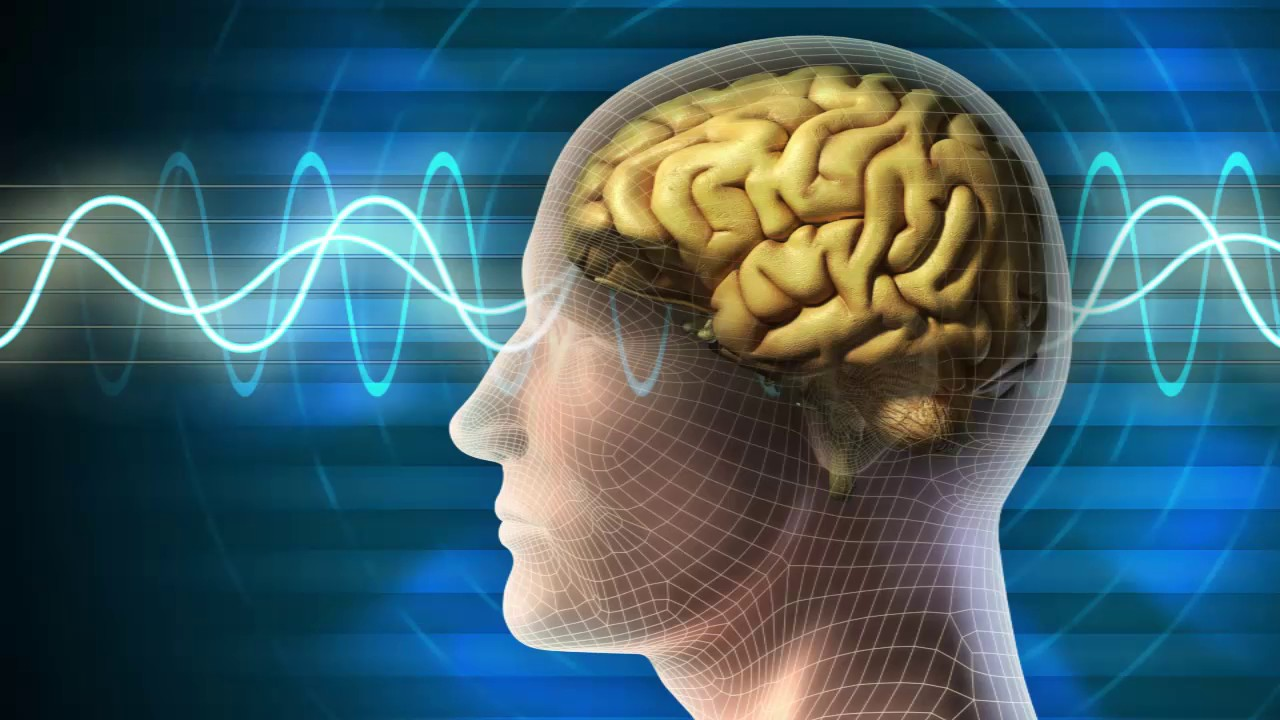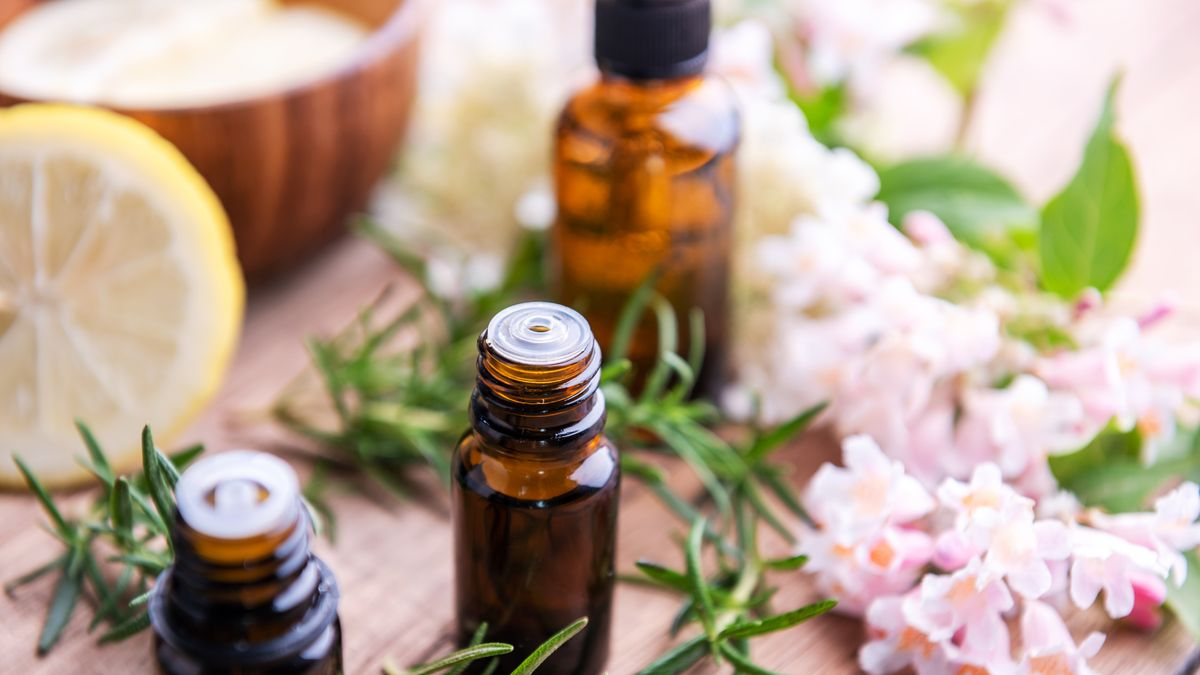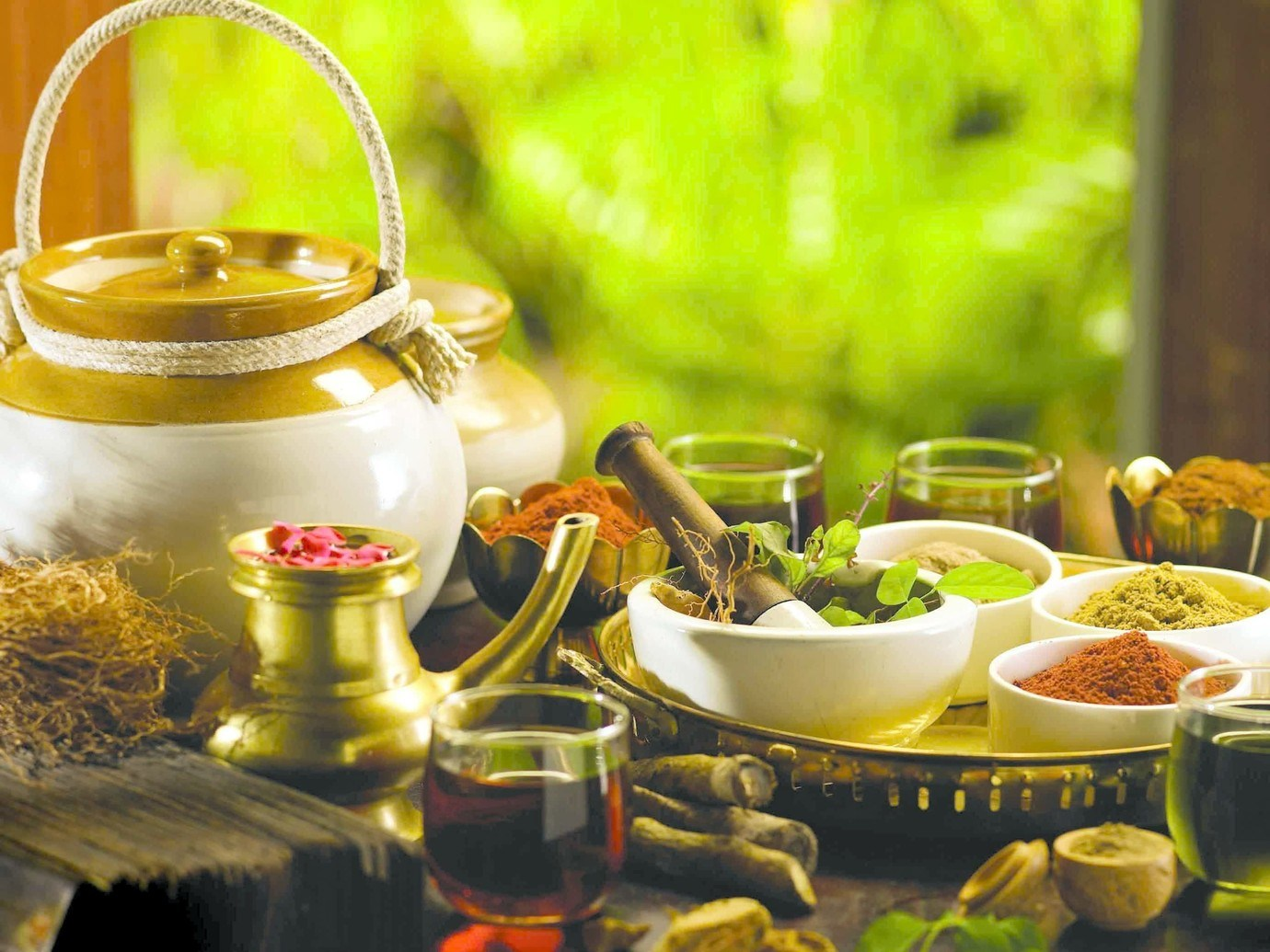Discover Your Perfect Healer Today!
Our online practitioner directory connects you with a wide range of healers to suit your unique needs.
Easily search and find the right professional to support your wellness journey.
Start exploring today to find your perfect match.
Modality
Disease
Books
Products
Events
Training
Blogs
Neurofeedback-Biofeedback
Neurofeedback vs Biofeedback: What’s the Difference?
Biofeedback undeniably is a powerful self-regulation and wellness tool when considered alongside modern health interventions. They target personal health improvement but do so at different ...
Read More → Written by
James Williams
Aromatherapy
Who Should Steer Clear of Aromatherapy
The method of treatment with essential oils is called Aromatherapy. Many people love it, but it is very important to note that not everybody can ...
Read More → Written by
James Williams
Sound Healing
Common Myths and Misunderstandings about Sound Healing
Sound healing has been conducted for thousands of years, but still, there are many myths and misconceptions about its effectiveness and purpose. Sound healing is ...
Read More → Written by
Michael Johnson
Herbal Medicine
How to Find a Qualified Herbal Medicine Professional?
A good outcome can only be expected if the best herbal medicine practitioner is selected. As several practitioners are present, such questions as accreditation, experience, ...
Read More → Written by
John Smith
Supporting Page
The Historical Roots of Yoga: A Journey Through Time
Yoga has a deep and widely interwoven history across thousands of years, having developed under various cultural and spiritual traditions. An understanding of these historic ...
Read More → Written by
Michael Johnson
Naturopathy
Blending Naturopathy with Conventional Medicine: A Comprehensive Guide
This integration of naturopathy with conventional medicine represents an emerging trend in health care and provides the patient with a more congruent practice that really ...
Read More → Written by
Michael Johnson






